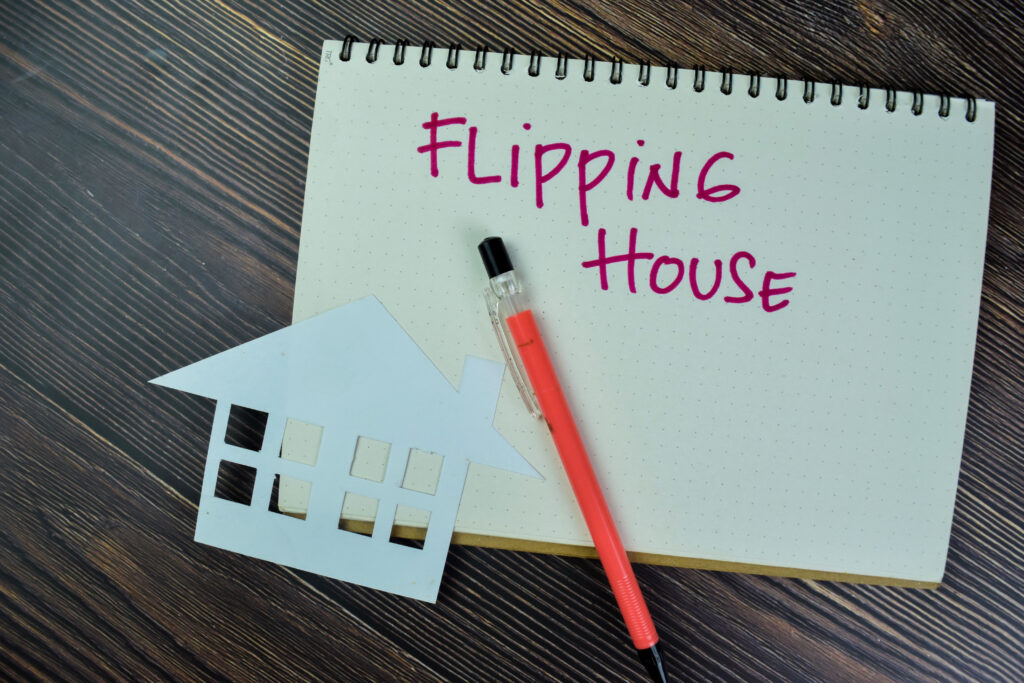
A flip mortgage, also known as a fix-and-flip loan, is a type of short-term financing used by real estate investors and house flippers to purchase and renovate properties for resale. This type of loan is specifically designed for individuals or companies involved in the business of buying distressed or undervalued properties, making improvements or renovations, and then selling them at a profit. Here’s a brief description of a flip mortgage:
1. **Short-Term Financing:** Flip mortgages are typically short-term loans with a duration ranging from a few months to a couple of years. They are intended to cover the acquisition cost of the property, renovation expenses, and carrying costs until the property is sold.
2. **Property Investment:** These loans are commonly used by real estate investors, house flippers, or property developers who aim to purchase properties in need of repair or upgrades with the goal of selling them quickly for a profit.
3. **Quick Approval:** Flip mortgages often have a faster approval process compared to traditional mortgages, making it possible for investors to secure funds quickly to seize investment opportunities.
4. **Interest Rates and Costs:** The interest rates on flip mortgages can be higher than those on traditional home loans, reflecting the short-term nature and higher risk associated with these loans. Borrowers may also incur additional fees and points.
5. **Property Valuation:** Lenders typically assess the potential resale value of the property once renovations are completed when determining the loan amount they are willing to offer.
6. **Renovation Funds:** Flip mortgages may include funds for property renovations and improvements. These funds are often held in escrow and disbursed as the work progresses.
7. **Loan-to-Value Ratio (LTV):** Lenders may have specific LTV requirements for flip mortgages, which determine how much they are willing to lend based on the property’s current and after-repair value.
8. **Exit Strategy:** Borrowers using flip mortgages should have a clear exit strategy, which involves selling the property quickly to repay the loan and realize a profit.
9. **Experience Matters:** Lenders may require borrowers to have prior experience in real estate investment or house flipping to qualify for a flip mortgage.
10. **Risk and Reward:** While flip mortgages offer the potential for substantial profits, they also come with risks. Market fluctuations, renovation delays, or unexpected issues can impact the profitability of a flip project.
11. **Credit and Financial Requirements:** Borrowers may need to demonstrate their creditworthiness and financial stability to qualify for a flip mortgage, although the criteria can be less stringent than those for traditional home loans.
Flip mortgages can be a valuable tool for experienced real estate investors looking to capitalize on opportunities in the housing market. However, borrowers should carefully evaluate the costs, risks, and potential rewards associated with this type of financing and have a well-defined plan for their property renovation and resale project.